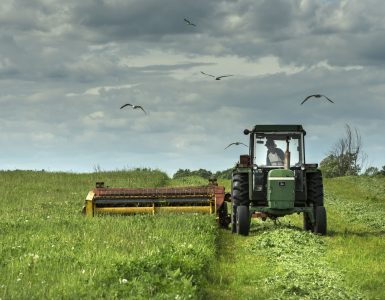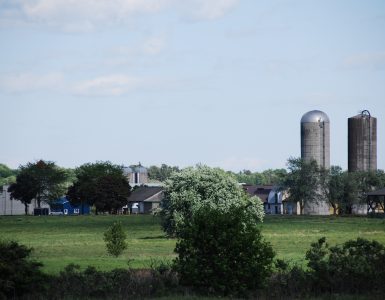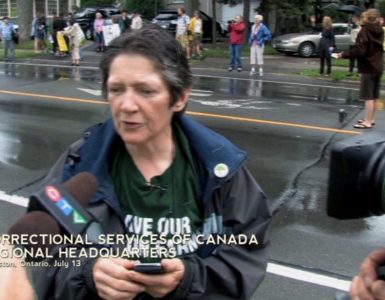I’m excited to be part of a new project from the National Farmers Union—Ontario called Building a Network for Local Food Advocates and Influencers.
In this project, the National Farmers Union is reaching out to people in fields like healthcare, education, faith communities, and the arts. People who influence the food decisions that others make.
Local food advocates in these communities and professions have the power to build a stronger and more sustainable food system in Ontario.
Teachers and educators, for example, influence large numbers of young people and help set life-long habits. Healthcare professionals, including nurses and physicians, are respected authorities on diet and can also have considerable influence on institutions.
Writers, artists, musicians, and performers can build an emotional connection with a broad audience. And active members of faith communities, for whom community and respect for creation are important values, can influence both people and institutions.
By working together, we can support local food and help make our communities healthier, fairer, and more connected. And we can help local farmers to thrive while protecting biodiversity and the climate.
This first part of this project—the part that’s happening right now—is about reaching out to potential advocates and collecting success stories. One advocate, Anne Marie Males, reorganized the cafeteria at The Scarborough Hospital to serve local food because she knew it would help patients to get healthier.
Other advocates have set up gardens at schools or churches, or developed songs and arts inspired by farming and nature. Some organizations have done many things to support local food—the Sisters of Providence in Kingston are well known for their support of the Prison Farms and for hosting the Heirloom Seed Sanctuary, protecting and sharing irreplaceable varieties of many crops.
The Wolfe Island Garden Party, held on Wolfe Island from June 15-17, was another great example. Organizers brought together musicians, farmers, and regular folks for a series of concerts, activities, and farm tours. The event was organized to raise funds for the community garden at the Community Medical Clinic and for the teaching garden at Marysville Public School. Organized by garden facilitator Janette Haase and musician Hugh Christopher Brown, the event was the perfect confluence of farming, healthcare, and education, and exactly the sort of thing Local Food Advocates could be doing.
The NFU wants to hear from you about this project, and will be holding kitchen table discussions this summer for people who want to get more involved.
Based on the needs identified in those discussions, the NFU will help to create new materials for people in different fields. For example, a teacher might say: “I love teaching about local food, but I don’t have the right resources.” So the project could help create a local food colouring book to use in their classroom.
Or someone active in a faith community might say: “We’d like to host a community garden at our church, but we don’t know how.” We could bring together a brief guide based on what other groups have done. Or a person working in an institution like a university might say “I wish more local produce was served here, but I don’t know how to make that happen.” We could create a fact sheet about how to make that happen and how the institution might benefit.
The NFU wants to hear what you need to be a more effective local food advocate. It’s easy to get involved. Get in touch with the NFU or join us for a kitchen table discussion this summer; just email membership@nfuontario.ca.
Or fill out an online survey to help shape the project: https://www.surveymonkey.com/r/6QZSKKJ
You can find more details by visiting nfuontario.ca and clicking on “Local Food Network”.
The project was made possible by financial support from the Government of Ontario, in partnership with the Greenbelt Fund.







